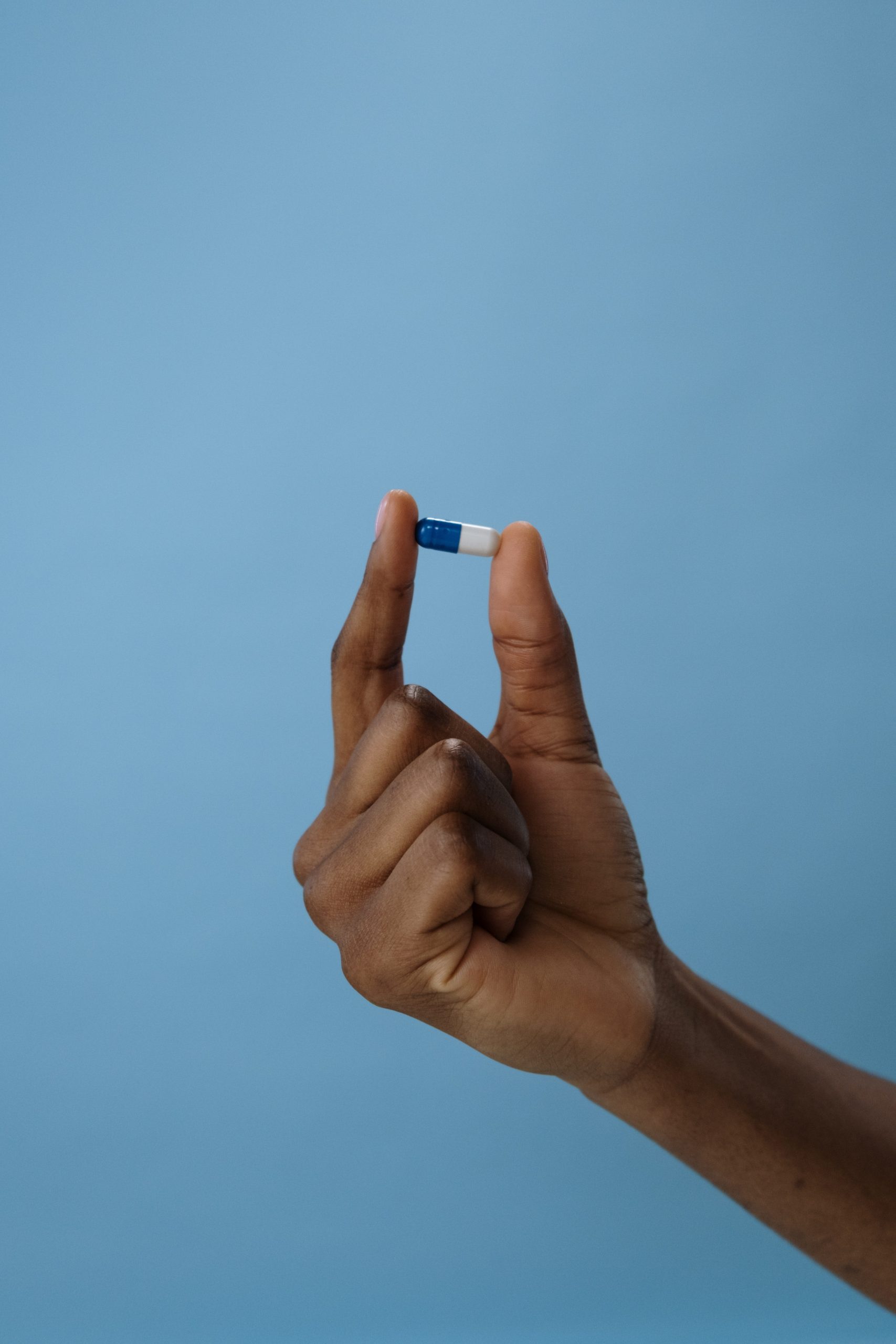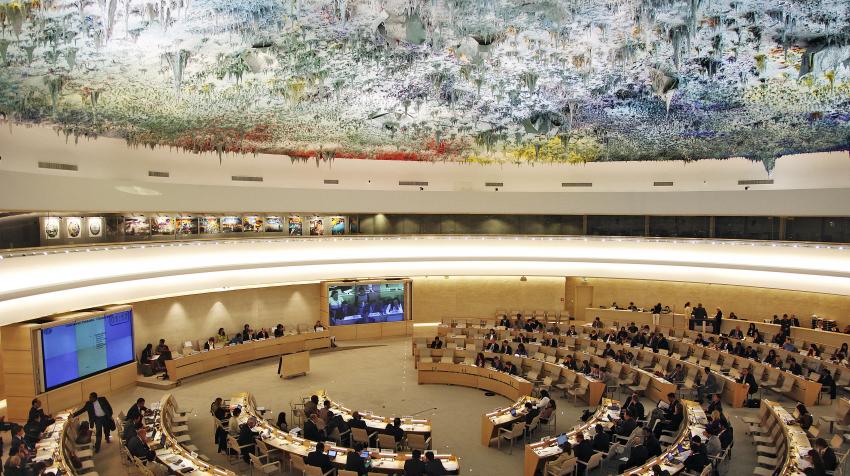Molnupiravir has been closely monitored after data last month revealed it could halve the chances of dying or being hospitalised for high-risk individuals, protecting them from developing severe Covid-19 if administered early in the illness.
For now, the drug will be administered to patients at higher risk of complications in the UK. A wider rollout will come about if molnupiravir is clinically and cost effective in reducing hospitalisations and death.
Merck has expressed that it expects to produce 10 million courses of the drug by the end of this year and at least 20 million in 2022.
The pharmaceutical company’s shares rose 2.1% to close at $90.54 on Thursday. Drug-makers such as Pfizer and Roche are in the race to develop a similar antiviral pills to fight again Covid-19.
In March, Pfizer started human safety testing for Covid-19 medication that could treat coronavirus when symptoms first arrive.
Pfizer’s drug, Paxlovid, has been shown to cut the risk of hospitalisation or death by 89% in vulnerable adults according to clinical trial results.
The UK has already ordered 250,000 courses of Paxlovid, which has not yet been approved, along with another 480,000 courses of molnupiravir.
Viral sequencing conducted so far has shown that molnupiravir is effective against all variants of SARS-CoV-2, including the deadly Delta variant.
As for Paxlovid, the drug is designed to block an enzyme that the coronavirus needs to multiply. The drug is meant to be taken alongside a low dose of another antiviral pill called ritonavir in order to remain in the body for longer.
The Pfizer pill has yet to be approved, and the pharmaceutical giant said it plans to submit interim trial results for to Food and Drug Administration as part of the emergency use application it started last month.
Merck expressed its commitment to providing timely access to its drug globally as it plans for tiered pricing aligned with a nation’s ability to pay.
The company has also licensed the drug to generic drugmakers to supply low-income countries with the medication.
Here in Qatar, authorities have yet to make any announcements on plans to roll out capsules to tackle the ongoing pandemic. However, decisions in the Gulf state have been made following FDA approvals.
Earlier this month, a Qatar-based health official said on Qatar TV that the US Food and Drug Administration approval of the emergency use of Pfizer’s coronavirus vaccine for children aged 5 to 11 “gives the green light” for countries to follow suit.
So far, a total of 4,859,929 doses have been administered in Qatar, where 84.5% of the population have already received both doses. Currently, health authorities are prioritising society’s most vulnerable for the third Covid-19 shot.
Qatar is currently dealing with a total of 1,453 active Covid-19 cases. Since the start of the global health crisis, 611 people have died from the coronavirus in the Gulf state.
Follow Doha News on Twitter, Instagram, Facebook and Youtube







